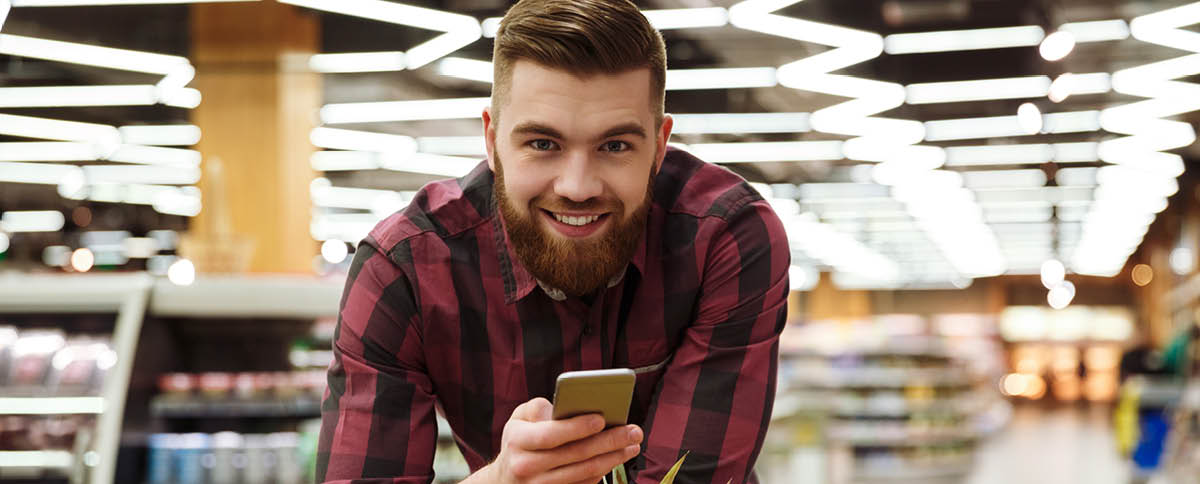
Protect Yourself Against Fraud
A reminder to never give out personal or account information in reply to an unsolicited call, text, or email claiming to be UnitedOne Credit Union.

A reminder to never give out personal or account information in reply to an unsolicited call, text, or email claiming to be UnitedOne Credit Union.
Your UnitedOne Credit Union account is protected by our digital security measures which utilize the latest software and encryption methods. However, there are things you can do to protect yourself and your family from digital breaches of security.
If you ever have questions about online threats or scams, please feel free to contact us.
Please be vigilant when reviewing your caller ID for calls and text messages. Scammers may attempt to use what looks like a legitimate phone number to contact you to obtain information to compromise your account. That’s why it’s very important you don’t give out any personal information and report any suspicious communications.
Below are more tips for spotting fraud and what you should do to protect yourself and loved ones.
View our digital safety brochure for a printable version of tips on how to protect yourself from digital threats and scams.
September 11, 2025
Text attempts to members trying to get them to click on a fraudulent link and enter their information. The text claimed to be UnitedOne Credit Union and said, "Your account has been put on hold due to unusual activities visit (fraudulent link) to regain access.
October 15, 2024
Text and call attempts to members claiming to be UnitedOne Credit Union reaching out about a questionable eBay charge on their account. The text messages had a link that should not be clicked on.
July 7, 2023
Text and call attempts to members coming from a phone number in the 513 and 805 area codes claiming to the UnitedOne Fraud Department and asking if a Walmart Supercenter purchase was made by the member using their debit card.
February 6, 2023
Text and call attempts to members with the caller ID showing a UnitedOne Credit Union phone number and claiming to be UnitedOne. The fraudsters use illegal techniques to disguise their phone number and attempt to gain trust to gather account information from members.
Taking note of the ways UnitedOne and our partners will and won’t contact you can help you spot fraud and keep your account secure.
Keep your information safe using these tips:
Consequences of not taking action to secure your computer and the information on it can result in loss of confidentiality, fraud committed against you and even monetary losses if someone gains access to your financial accounts.
The most common safety threats and the problems they create include:
In addition to calling UnitedOne Credit Union, below are state and federal organizations to contact to report fraud attempts to your account.
Wisconsin Department of Financial Institutions (DFI)
Handles complaints related to consumer credit transactions, banks, credit unions, and licensed financial services.
Wisconsin Department of Justice (DOJ)
For broader consumer protection concerns and fraud-related issues.
Federal Trade Commission (FTC)
Handles consumer fraud, identity theft, and scams.
Securities and Exchange Commission (SEC)
For securities fraud, insider trader, Ponzi schemes, and investment scams.
Federal Bureau of Investigation (FBI)
Handles internet fraud, financial crimes, and general fraud.
Call or text us at (920) 684-0361 in Manitowoc or (920) 451-8222 in Sheboygan or email us at mail@UnitedOne.org.
This link leaves the United One website.